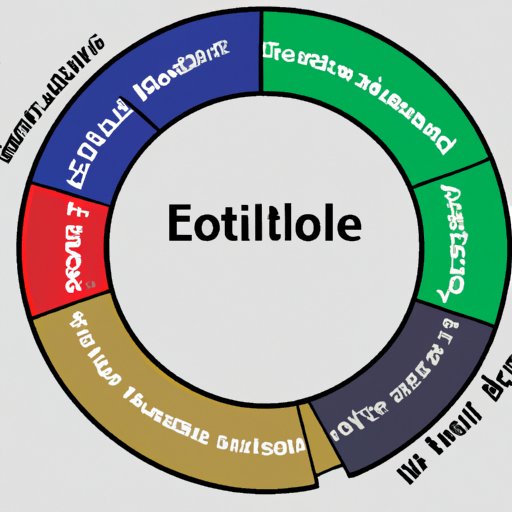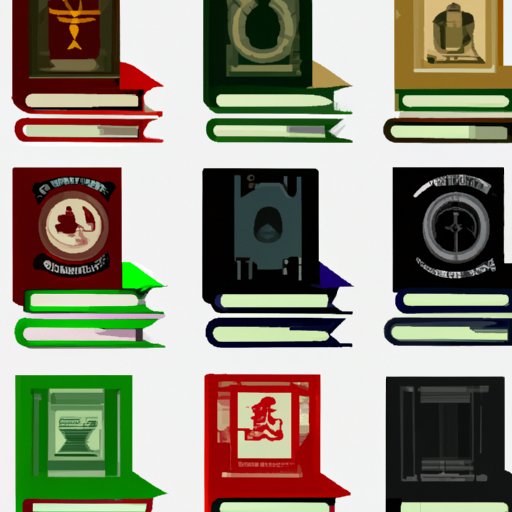Introduction
A literature book refers to any book that contains stories, poems, or plays that are intended to be read for pleasure or instruction. Although literature books may come in various forms, they all share the common goal of entertaining or educating readers. While literature books can be used to explore a variety of topics, they are generally focused on themes such as love, loss, and redemption.
History of Literature Books
Literature books have been around since ancient times. During this era, literature was mainly composed of oral tales and myths. These tales were often passed down through generations and eventually written down in the form of epic poems and plays. As time progressed, literature evolved into more complex works, with authors such as Homer and Virgil writing epics and tragedies.
During the Middle Ages, religious texts such as the Bible became popular literary works. During this period, writers also began to compose romances and allegorical tales. By the Renaissance and Enlightenment eras, writers such as William Shakespeare and John Milton had become renowned for their works.
In modern times, literature has become even more diverse. Writers now explore a variety of genres, including science fiction, fantasy, horror, and romance. Contemporary authors also often focus on social and political issues, creating works that are both thought-provoking and entertaining.
The Power of Literature Books
Reading literature books can be a transformative activity. Through reading, readers can gain insight into different cultures and perspectives, as well as learn about the human experience. Reading also allows readers to escape from reality and explore new worlds and ideas.
In addition to providing entertainment, literature books can also provide numerous benefits. Studies have shown that reading literature can improve empathy, creativity, and critical thinking skills. Reading can also help reduce stress and anxiety, as well as boost self-esteem and confidence.

Different Types of Literature Books
Literature books come in a variety of forms. The most common type of literature is fiction, which includes novels, novellas, and short stories. Fiction typically focuses on characters and plot, exploring themes such as love, tragedy, and redemption. Nonfiction works, on the other hand, focus on real-life events and people. Examples of nonfiction works include biographies, memoirs, and textbooks.
Poetry is another form of literature that has been around since ancient times. Poems often focus on nature, love, and death, and can be seen as a way of expressing emotions. Plays are another type of literature, which use dialogue and action to tell a story. They often focus on themes such as love, revenge, and justice.

Impact of Literature Books on Society
Literature books can have a profound impact on society. Literature can shape cultural values and beliefs, as well as challenge existing norms. It can also bring attention to important social and political issues, encouraging readers to think critically about the world around them.
Literature has also played an important role in inspiring people to take action. Many social movements, such as the civil rights movement, were influenced by literature books. By exploring these themes, literature can encourage people to stand up for what they believe in and fight for a better future.

Role of Literature Books in Education
Literature books can be an invaluable part of education. By reading literature, students can develop critical thinking and analytical skills. Students can also explore different cultures and perspectives, learning more about the world around them. Furthermore, literature encourages creativity, allowing students to express themselves through writing and other forms of art.
Conclusion
Literature books are powerful tools that can be used to entertain, educate, and inspire. From ancient myths to contemporary works, literature has shaped culture and society throughout history. It can also be used in education to encourage critical thinking and creativity. No matter what form it takes, literature is sure to leave an impression on its readers.
(Note: Is this article not meeting your expectations? Do you have knowledge or insights to share? Unlock new opportunities and expand your reach by joining our authors team. Click Registration to join us and share your expertise with our readers.)
